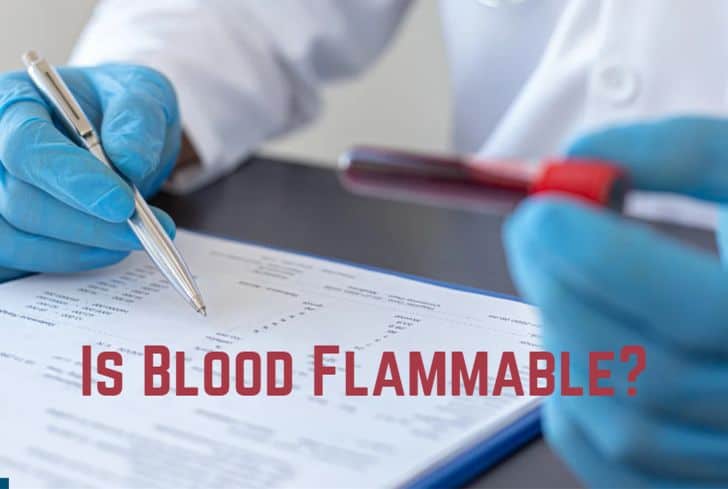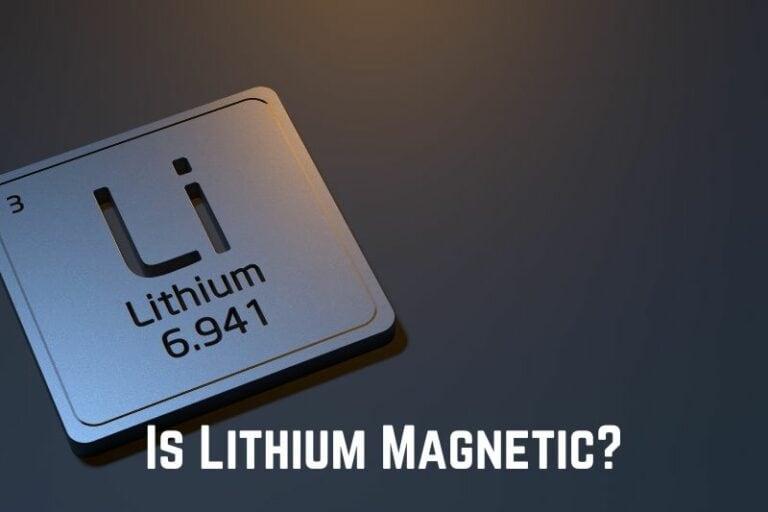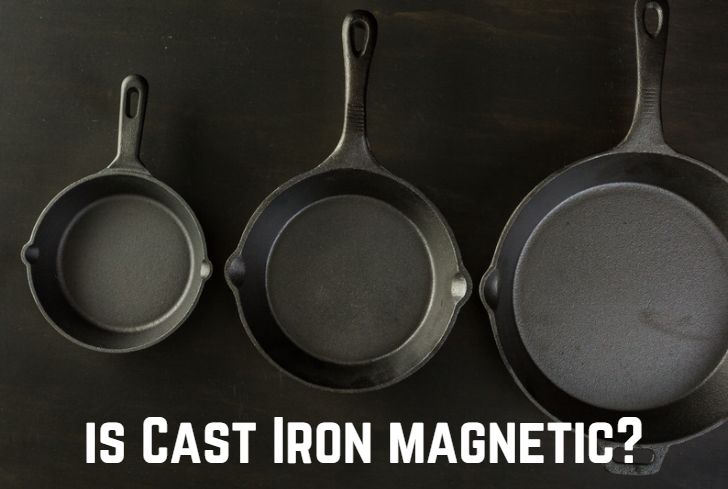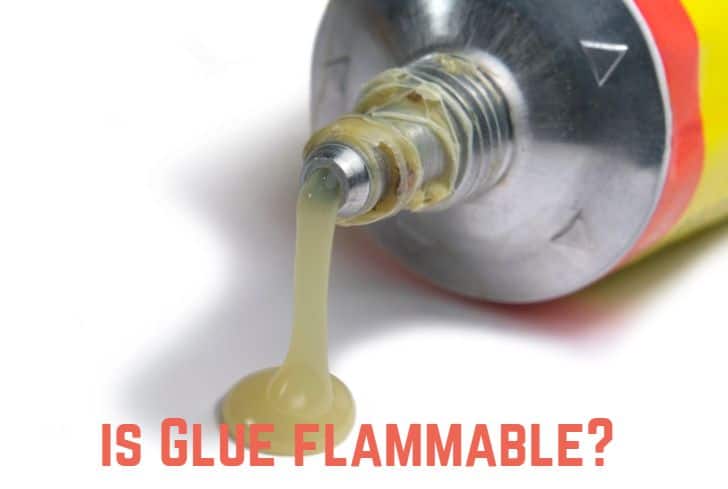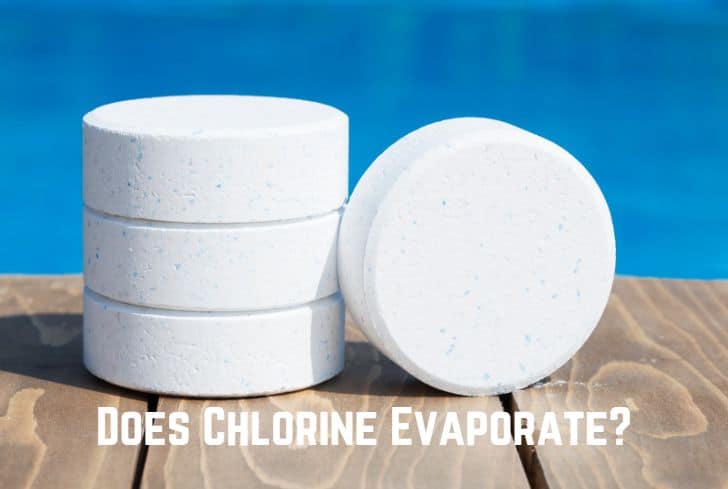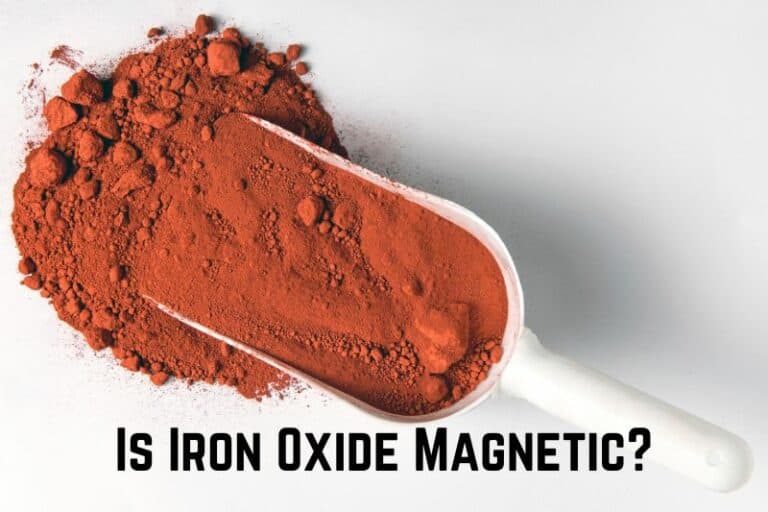Does Alcohol Conduct Electricity? (No. It Doesn’t)
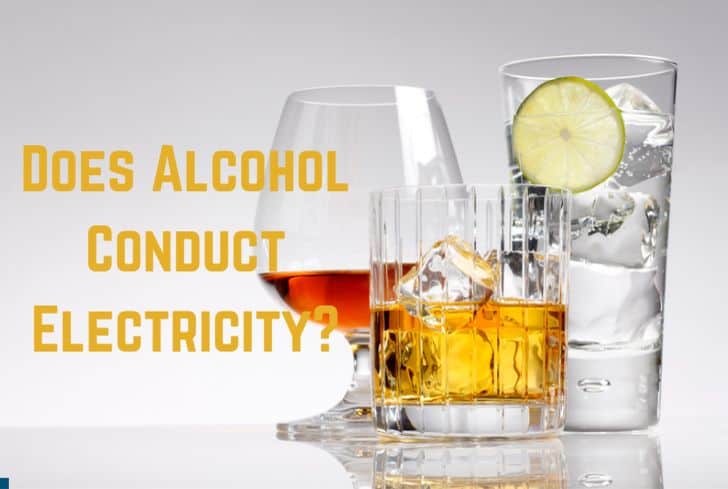
Alcohol is a kind of organic compound with at least one hydroxyl (–OH) functional group bound to a saturated carbon atom. The term is often used to refer to ethyl alcohol, which is the main ingredient of alcoholic drinks, but in chemistry, the term includes all compounds having the CnH2n+1OH formula. Consumption of alcohol, or “drinking”, has a major social role in most cultures.
Have you ever wondered if alcohol can conduct electricity? In this article, we are going to discuss just that. We will begin with the properties and uses of alcohol. Then we will discuss its electrical conductivity, while also looking at its interaction with other compounds like water.
Read: Does Sulfur Conduct Electricity?
Is Alcohol Conductive?
No, alcohol does not conduct electricity. This is because it is a covalent compound and does not have free ions that can conduct electricity across it. Alcohol is a stable compound that does not ionize in water; the bonding between alcohol molecules is strong enough to resist the force of water molecules trying to break those bonds.
Alcohol is an organic compound having at least one hydroxyl (–OH) functional group bound to a saturated carbon atom. Ethanol (C2H6O) is the main ingredient used in alcoholic beverages, and it is produced by the fermentation of sugar by yeasts or by petrochemical processes such as ethylene hydration.
In order to conduct electricity, free ions must be present in the solution. Alcohol is not an ionic but a covalent compound. A covalent compound may dissolve in water, but it does not dissociate into ions. Because there are no free ions present in alcohol, it does not conduct electricity.
Check out this video by Ricochet Science to understand the difference between ionic and covalent bonds.
Properties of Alcohol
Here are the properties of Alcohol:
- Appearance and Scent: Most of the common alcohols exist as colourless liquids at room temperature. For example, methyl alcohol, ethyl alcohol, and isopropyl alcohol are all free-flowing liquids that have fruity scents. Higher alcohols, that is, those containing more than 2 carbon atoms are slightly oily, and they have a heavier fruity odour. Some of the higher or highly branched alcohols can even be solid at room temperature.
- Boiling Point: The boiling points of alcohols are much higher than those of alkanes having similar molecular weight. For example, ethanol has a boiling point of 173°F (78°C), much higher compared to that of propane (-44°F/-42°C), even though both have almost similar molecular weight. This large difference in boiling points indicates that the molecules of ethanol are attracted to each other more strongly.
- Acidity: Alcohols are acidic in nature, and they combine with active metals such as sodium, potassium, etc. to form corresponding alkoxides. The acidic nature of alcohol is due to the polarity of their –OH bond. This acidity decreases when an electron-donating group is attached to the hydroxyl group because it increases the electron density on the oxygen atom.
- Solubility and Solvency: Alcohol molecules can form hydrogen bonds with other alcohol molecules as well as with water. This is why alcohol is quite soluble in water. Methanol, ethanol, isopropyl alcohol, n-propyl alcohol, and t-butyl alcohol are all soluble in water. Alcohols are strongly polar, which is why they are better solvents than hydrocarbons for ionic compounds and other polar substances.
- Flammability: Alcohol is flammable and is easily burned in the presence of air when an ignition source is introduced. It has a low flashpoint of around 57°F (12°C), so it is quite easily flammable and should be handled with care. Alcohol does not produce any smoke while burning.
Uses of Alcohol
These are the uses of alcohol
- Ethanol is mainly used for alcoholic beverages. It acts as a depressant, which reduces anxiety, brings a sense of pleasure, and increases sociability. However, higher doses can lead to drunkenness, unconsciousness or even death. Excessive long-term use of alcohol increases the risks of cardiovascular diseases and different types of cancer.
- Alcohol can be used as fuel by itself or in combination with other fuels like petrol/gasoline. It burns to produce carbon dioxide and water. Ethanol can be produced by fermentation, so countries with low oil reserves can use it to lower their oil import costs.
- Alcohol can be used as a solvent. Because of their polarity, they are able to dissolve ionic compounds and other polar substances much better than hydrocarbons. 1-propanol, 1-butanol, and isobutyl alcohols are used as solvents.
- Alcohol is used as an industrial ingredient to create other compounds such as methanal (formaldehyde), methyl esters, and ethanoic acid. These are then converted into different products.
- Alcohol can be used as a plasticizer, something that makes another material softer and more flexible. Alcohol is also used in perfumes. Disinfectants and antiseptics are also made using alcohol.
Why Does Alcohol Not Conduct Electricity?
Alcohol does not conduct electricity because it is not an ionic compound. It is a covalent compound, which does not dissociate into ions. A solution needs to have free ions in order to conduct electricity. Because alcohol does not have these free ions, it cannot conduct electricity.
Alcohol is a kind of organic compound that is made up of at least one hydroxyl (–OH) functional group bound to a saturated carbon atom. In order for a solution to conduct electricity, it must have free ions.
For example, regular water is able to conduct electricity because it has many impurities like salts. These salts, when dissolved in water, separate into different electrically charged atoms known as ions. Sodium Chloride (NaCl) breaks up into positive sodium and negative chlorine ions.
When we put two ends of an electric circuit into the water, the negative ions will be attracted to the positive pole and the positive ions to the negative pole. The circuit will become complete, and therefore, these ions are what allow regular water to conduct electricity.
But alcohol is a covalent compound, whose atoms are bound by shared electrons. Like any other covalent compound, alcohol does not dissociate into ions. Because it does not have free ions—which are responsible for conducting electricity—alcohol is non-conductive.
Read: Does Magnesium Conduct Electricity?

Does Isopropyl Alcohol Conduct Electricity?
No, pure isopropyl alcohol does not conduct electricity. However, a solution containing isopropyl alcohol and water can conduct electricity. This is because water will provide the solution with the free ions that are needed to conduct electricity.
Isopropyl alcohol, also called isopropanol alcohol, is a colourless and highly flammable organic compound with a formula of CH3CHOHCH3. It is the simplest example of a secondary alcohol, where the alcohol carbon atom is attached to two other carbon atoms.
Isopropyl alcohol is widely used in industrial and household products, most prominently in manufacturing disinfectants and detergents. Like ethanol, isopropyl is made up of covalent bonds, so it does not ionize to lose free electrons.
In order to conduct electricity, a solution must have free ions. Since isopropyl alcohol does not have these free ions, it cannot conduct electricity.
However, when isopropyl alcohol is mixed with water, it can become slightly conductive. This is because the water will still provide free ions, which will be capable of conducting electricity.
Does Alcohol Conduct Heat?
Alcohol is not a good conductor of heat. Alcohol is a covalent compound that does not have free-moving ions. This is why it is a bad conductor of both electricity and heat. Moreover, alcohol is highly flammable, so it can be dangerous to have it around high temperatures.
Ionic compounds are great conductors of heat and electricity because the ions move about freely. However, alcohol is not an ionic compound. It is a covalent compound that does not have free ions. Therefore, it is a bad conductor of both heat and electricity.
Moreover, alcohol is highly flammable. It has a very low flashpoint 57°F (12°C), so keeping it around a high temperature is never safe as it can cause a fire hazard.
Does Alcohol Dissolve in Water?
Yes, alcohol dissolves in water. This is because it forms hydrogen bonds with water. Methanol, ethanol, isopropyl alcohol, n-propyl alcohol, and t-butyl alcohol are all miscible (fully dissolvable) in water. Both water and alcohol have similar properties because both contain hydroxyl groups that can form hydrogen bonds with other molecules.
In alcohol, the hydroxyl group is called a hydrophilic or “water-loving” group. This is because it forms hydrogen bonds with water, enhancing the solubility of alcohol in water.
Higher alcohols (having more than 2 carbon atoms) have higher molecular weight. They are less soluble in water because the hydrocarbon part of their molecules is larger and it is hydrophobic or “water-hating”/“water-repelling”.
Read: Does Brass Conduct Electricity? (Is It Insulator or a Conductor?)
Conclusion
In this article, we have discussed whether alcohol conducts electricity or not. In order to conduct electricity, a solution must have free ions. Alcohol does not conduct electricity because it is a covalent compound that does not have free ions. This is also why it is a bad conductor of heat. We looked at the properties of alcohol. Finally, we talked about the various uses of alcohol, ranging from beverages to fuel additives.

